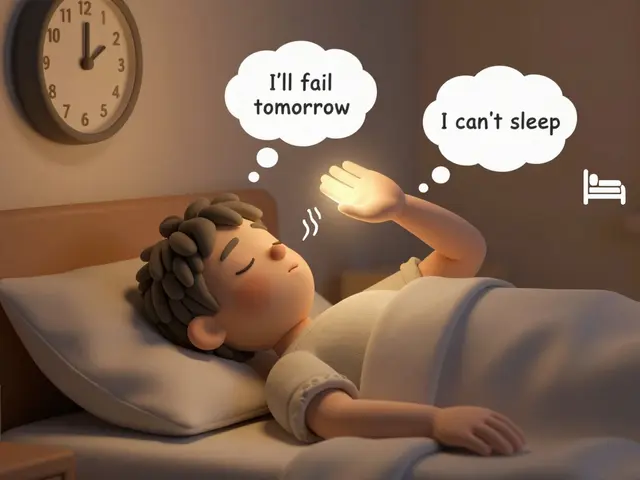Real-life stories from people living with epilepsy on oxcarbazepine-how it helps control seizures, common side effects, daily challenges, and what really works beyond the pill.
Seizure Control: Medications, Risks, and Natural Strategies
When it comes to seizure control, the process of preventing or reducing epileptic episodes through medication, lifestyle changes, or other interventions. Also known as epilepsy management, it’s not just about popping a pill—it’s about understanding what triggers seizures, how drugs affect your body, and what hidden risks you might be ignoring. Many people assume seizure control means taking one medication and calling it a day. But the truth is more complex. Some drugs used for other conditions—like bupropion, an antidepressant and smoking cessation aid—can actually lower your seizure threshold, especially if mixed with alcohol or used at high doses. That’s why knowing your full medication list matters just as much as the one prescribed for seizures.
Then there’s the issue of side effects. Drugs like clozapine, a powerful antipsychotic for treatment-resistant schizophrenia are life-changing for some, but they carry serious cardiovascular risks like myocarditis and irregular heart rhythms. These aren’t just minor concerns—they can trigger seizures indirectly by stressing the nervous system or disrupting brain oxygen flow. Even common painkillers like NSAIDs can cause stomach issues that lead to dehydration or electrolyte imbalances, which in turn may spark seizures in vulnerable people. It’s not always the seizure drug itself that’s the problem—it’s the whole web of medications, diet, sleep, and stress you’re managing at once.
And let’s not forget alternatives. While prescription anticonvulsants are the backbone of seizure control, some people turn to herbal options or supplements to reduce reliance on drugs. But not all natural remedies are safe. For example, Serpina (Sarpagandha), a traditional herb used for high blood pressure, can cause dangerous drops in blood pressure or interact with seizure meds, making things worse. What works for one person might be a red flag for another. That’s why the best seizure control isn’t about finding the magic pill—it’s about building a smart, personalized plan that considers your heart, your liver, your sleep, and even your mental health.
What you’ll find below isn’t a list of miracle cures. It’s a collection of real, practical guides written by people who’ve been there—whether they’re managing epilepsy, dealing with medication side effects, or trying to avoid dangerous combos like bupropion and alcohol. You’ll see how drugs like Verapamil, Clozapine, and even common antibiotics can play a hidden role in seizure risk. You’ll learn what to watch for, who to talk to, and how to spot trouble before it hits. This isn’t theory. It’s what works in real life, for real people trying to stay in control—without guessing.




